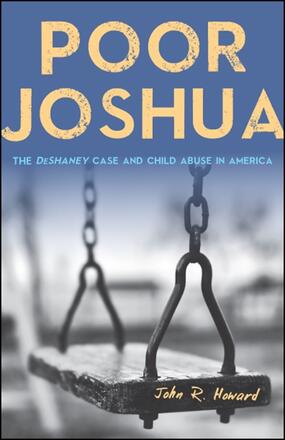
Poor Joshua
The DeShaney Case and Child Abuse in America
Alternative formats available from:
Tells the story of a tragic Supreme Court decision involving child abuse and what might be done to rectify it.
Description
In DeShaney v. Winnebago County Department of Social Services, a bitterly divided Supreme Court rejected a claim brought on behalf of five-year old Joshua DeShaney, left permanently disabled after sustained abuse, despite regular home visits by social workers charged with monitoring his welfare. In its decision the court asserted that the state has no duty to shield citizens from private violence, even those involved in their lives and knowing of their distress. Poor Joshua tracks the story from its origins in small town Wisconsin to the Supreme Court and chronicles the tragic consequences of the majority decision. John R. Howard shows how that decision became the rock on which later child abuse cases foundered, and how it echoes today in every newspaper story about society's failure to protect children. The continuing vitality of DeShaney, he argues, derives from a persistent sense that the decision is legally incorrect and profoundly at odds with the underlying values of the Constitution. The case is also about different visions of our social order and the relationship between "law" and "justice. " Howard summarizes the substantial law review literature critical of the DeShaney decision and erects the scaffolding for a counterargument bringing law into a closer alignment with justice.
John R. Howard is Distinguished Service Professor Emeritus, Purchase College, the State University of New York, and the author of The Shifting Wind: The Supreme Court and Civil Rights from Reconstruction to Brown, also published by SUNY Press.
Reviews
"Poor Joshua turns a Supreme Court case into a gripping narrative, placing it within the context of the dilemma over how society and the law should respond to child abuse. It is also a call to arms: an indictment of the status quo and an advocacy piece that urges a profound reconsideration of the outcome of the case and the duty of the state toward those whom it leaves in positions of danger. It's an important story, well told. " — Linda Greenhouse, author of The U. S. Supreme Court: A Very Short Introduction